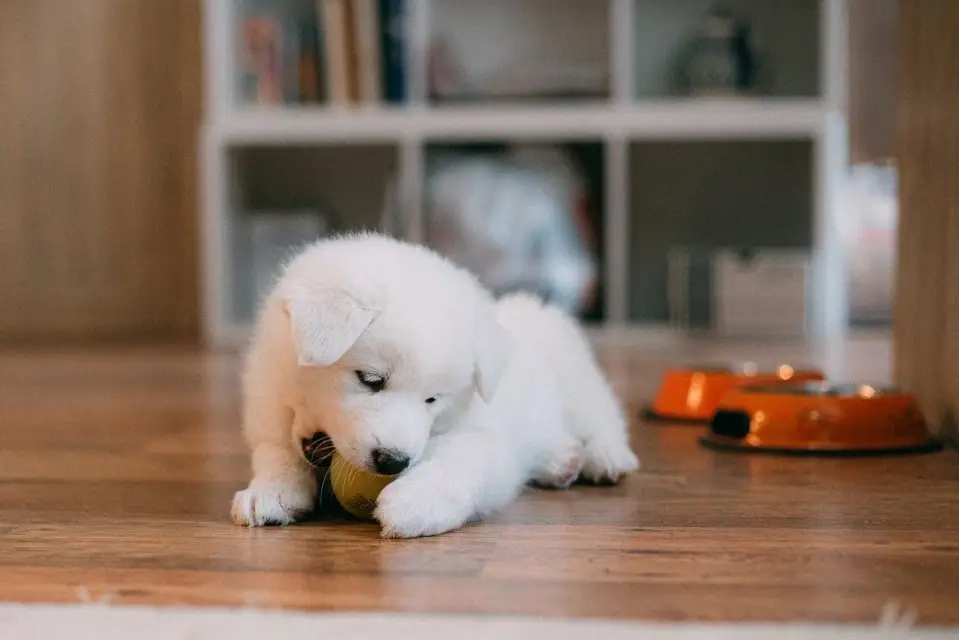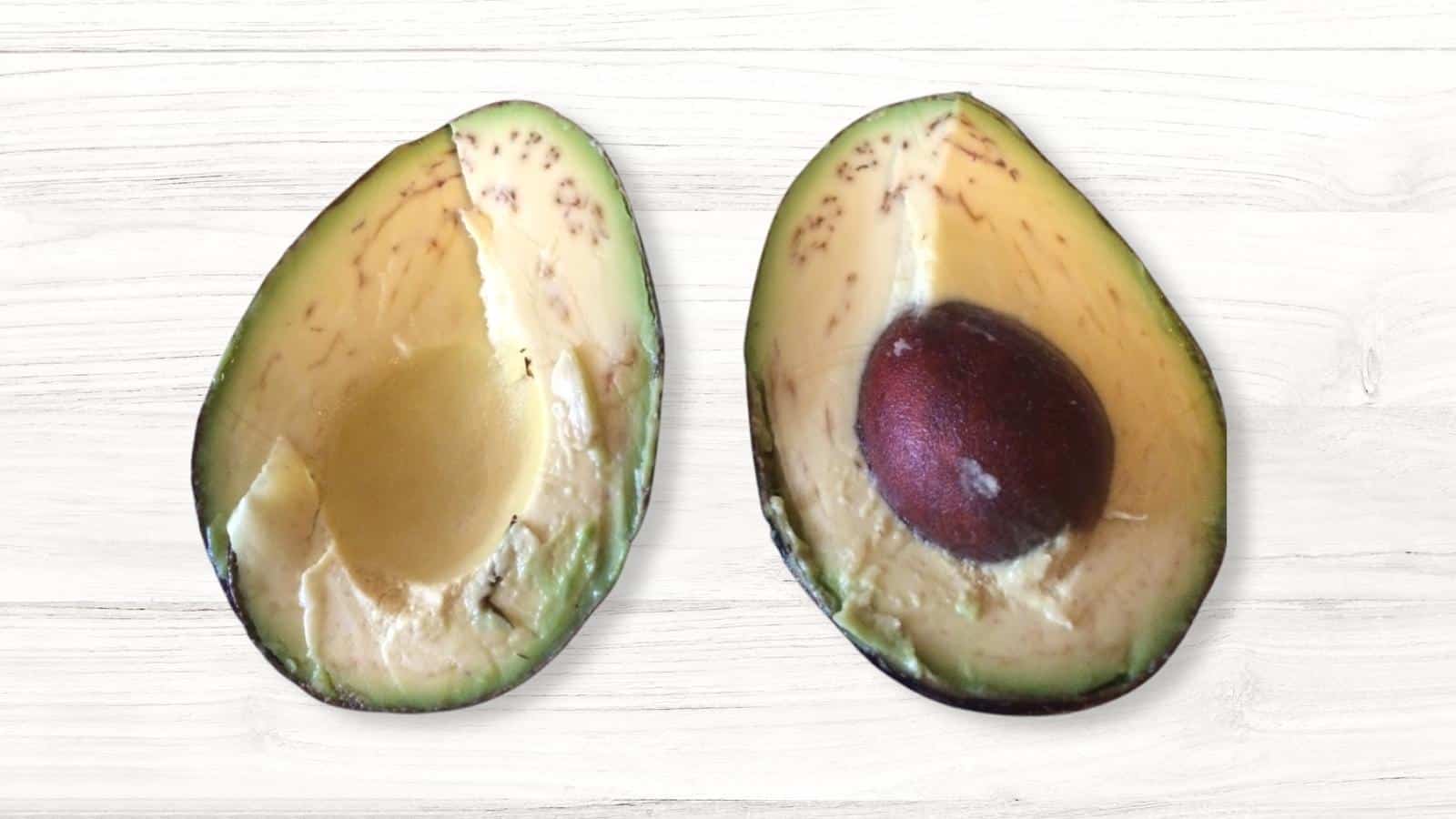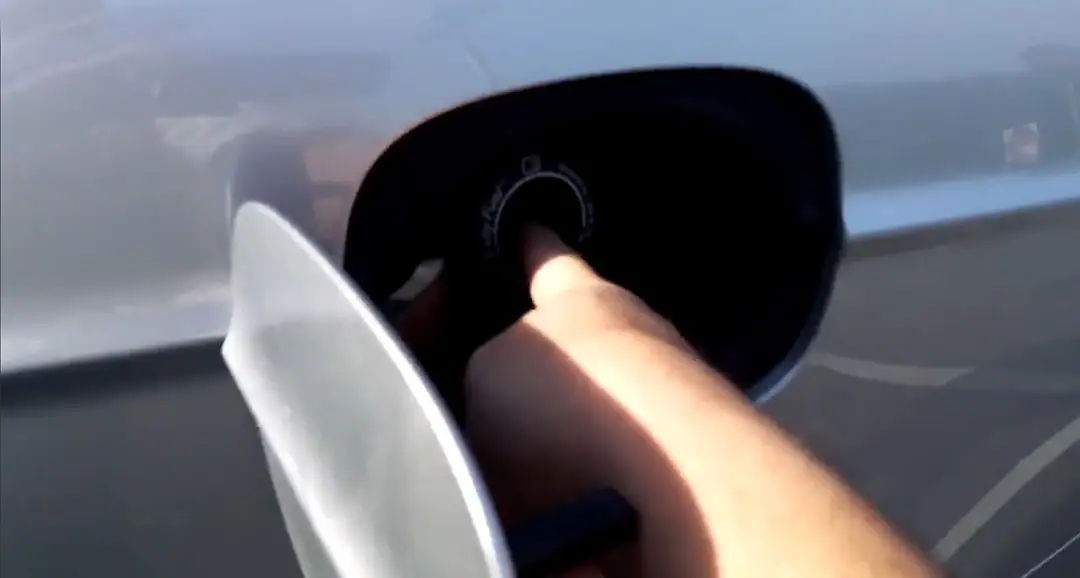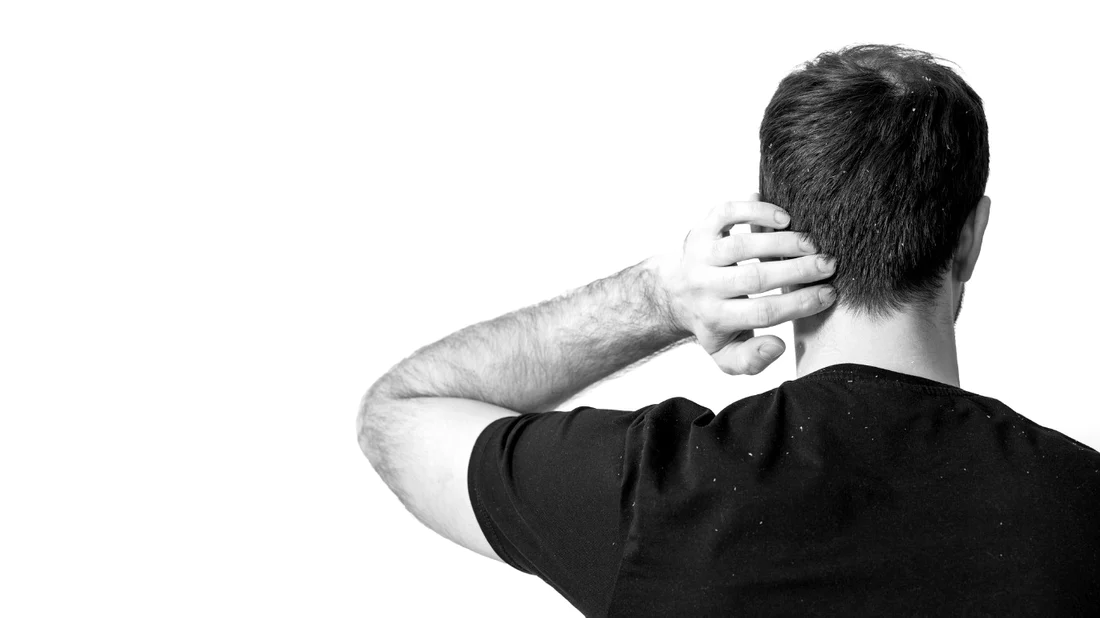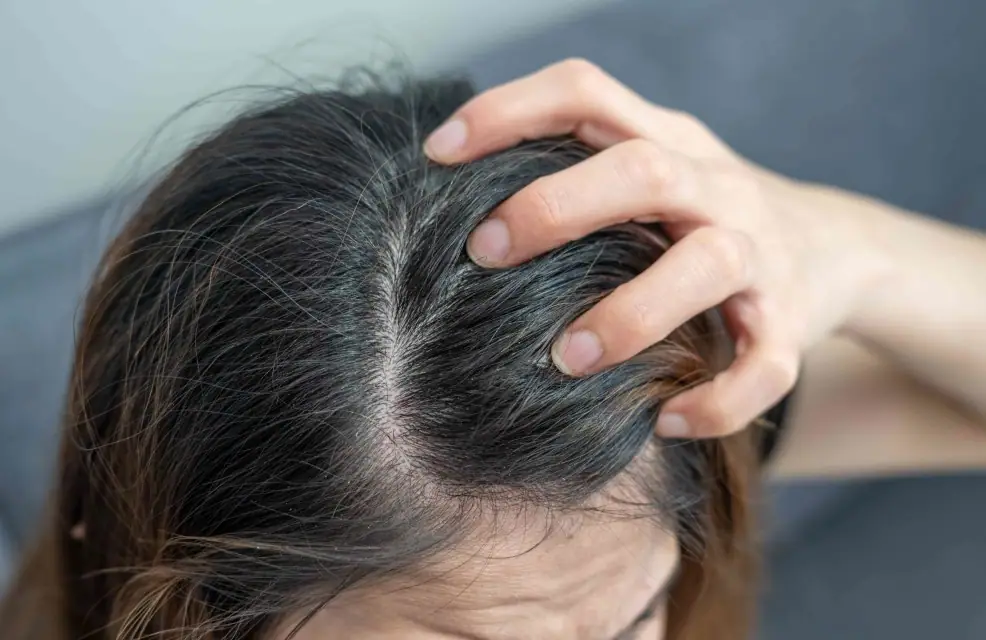Dogs bite their owners for a variety of reasons. While it can be upsetting when your furry friend turns on you, understanding the cause of the behavior can help you address the issue. With patience and consistent training methods, you may be able to curb your dog’s biting.
Possible Causes of Biting
There are several potential motivations behind your dog biting you, including:
Fear or Anxiety
Dogs will bite when they feel threatened or afraid. Fast movements, loud voices, threats of punishment, or unfamiliar people can provoke this response. Puppies removed from their mothers too early or dogs with traumatic backgrounds are especially prone to fear biting.
Pain
Your dog may bite if touched in a sensitive area or when experiencing pain elsewhere in their body. Check for signs of injury or illness if your dog suddenly becomes aggressive. Vet examinations can determine if an underlying health issue is causing the behavior.
Dominance
Dogs naturally arrange themselves into hierarchical social structures or “packs.” Biting is one way dogs assert their dominance. Intact males are most likely to challenge owners, especially if there are females in heat nearby.
Protection
Dogs value their families and territory. They may bite to defend their home, family members, food, toys, or themselves from perceived threats. This behavior stems from loyalty, but needs to be controlled.

Excitement or Play
Young, energetic dogs often bite while playing. Puppies learn bite inhibition from their mothers and littermates. If separated too early, they miss this training. Overexcited dogs may also nip without meaning harm.
How to Stop Biting
While biting rarely arises from pure aggression, it’s crucial to curb this behavior for everyone’s safety. Try these tips for preventing your dog from biting:
– Socialization – Introduce your dog to a variety of people and situations beginning at a young age. Well-socialized dogs are less likely to bite out of fear.
– Obedience training – Work on basic commands like “sit” and “stay.” This establishes you as pack leader and reinforces positive behaviors.
– Remove rewards – Don’t give your dog attention, toys, or treats after biting. This teaches them biting results in losing things they want.
– Avoid punishment – Hitting or yelling at your dog may actually provoke further biting. Dogs should never connect you with pain or fear.
– Identify triggers – Learn your dog’s biting triggers so you can avoid or desensitize them. Give them space when scared or excited.
– Check for injury or illness – Uncharacteristic biting may indicate a health problem requiring veterinary care.
– Consider neutering – This curbs aggression related to mating in male dogs.
With patience and consistency, you can teach your dog more acceptable ways of interacting with you. If biting continues or you ever feel unsafe, consult with an animal behavior specialist for guidance. Most dogs desire harmony within their “pack” and biting goes against their instincts.

